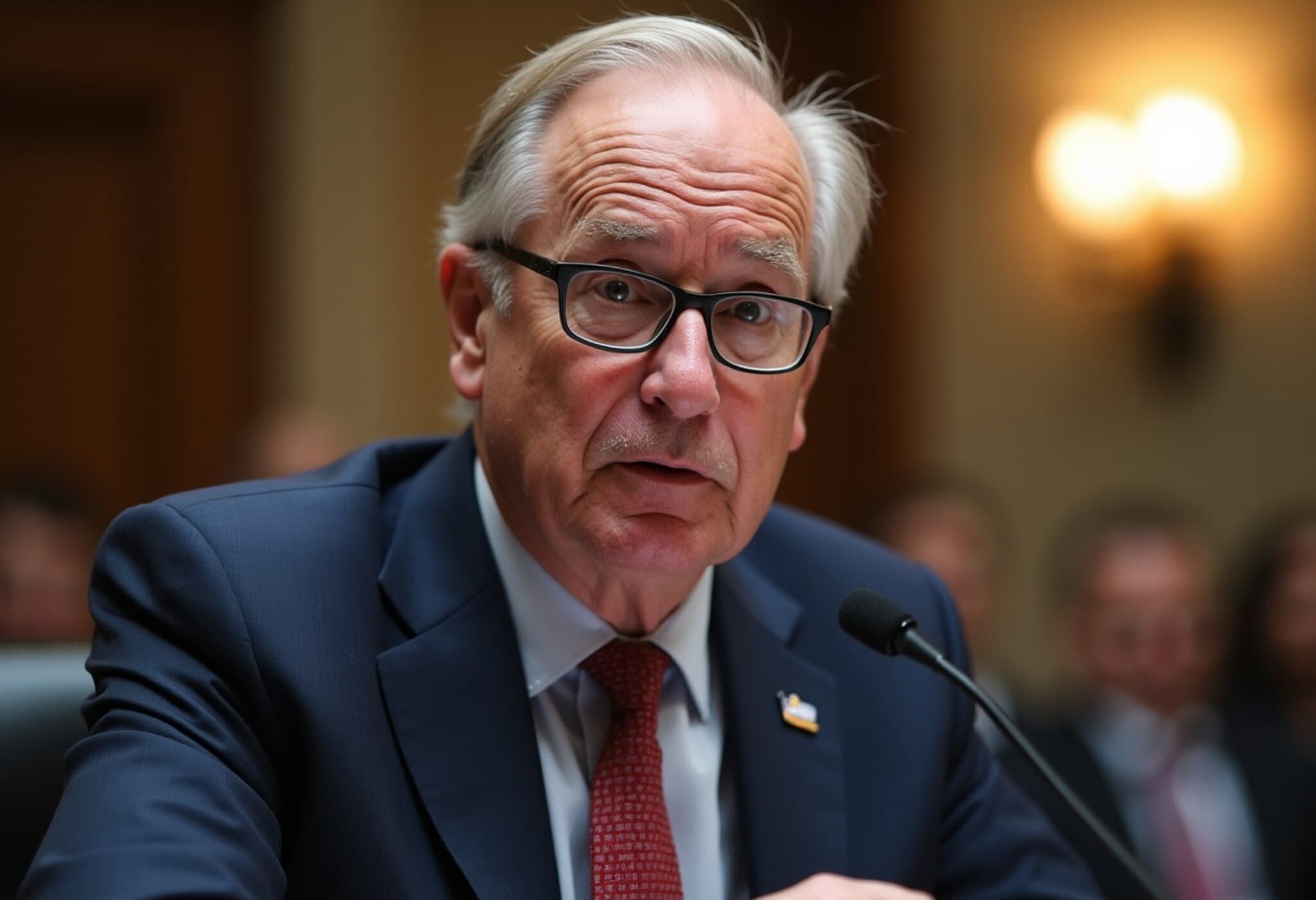Pakistan Removes Earnings Limit for Bureaucrats on Corporate Boards Amid Fiscal Struggles
In a significant policy shift, Pakistan’s government has decided to lift the longstanding cap on the income bureaucrats can earn by attending corporate board meetings. This move comes at a time when the country is grappling with severe economic difficulties and widespread austerity measures across the public sector.
Background: From Earnings Cap to Unlimited Fees
For over a decade, civil servants in Pakistan were prohibited from earning more than 1 million Pakistani rupees annually from corporate board roles. Introduced in 2014 under then-Finance Minister Ishaq Dar, this cap required officials to remit any surplus income to the national treasury, aiming to curb conflicts of interest and ensure accountability.
However, a recent government notification dated June 12, 2025, formally withdraws this restriction retroactively (“withdrawn ab-initio”), effectively legalizing any boardroom earnings without limit for the current fiscal year. This decision has surprised many analysts, given the ongoing economic turmoil Pakistan is experiencing.
Contrasting Moves: Easing Bureaucrats’ Earnings While Enforcing Austerity
Ironically, this relaxation for bureaucrats coincides with a newly issued austerity directive that tightens fiscal discipline across federal institutions. The finance ministry’s latest order extends austerity measures not only to ministries but also to attached departments, state-owned enterprises (SOEs), statutory bodies, and regulatory authorities.
- Ban on new vehicle purchases for government entities
- Freeze on the creation of new government jobs
- Prohibition of medical treatments abroad at public expense
- Restrictions on non-essential foreign visits funded by the government
SOEs must comply under the Section 35 of the SOEs Governance and Operations Act 2023, while statutory bodies are bound by their respective regulations. This juxtaposition highlights a policy paradox: while the government enforces fiscal restraint broadly, it simultaneously relaxes income rules for high-ranking officials.
Pension Increase: Relief for Retirees Amid Broad Economic Pressure
On a more positive note, the finance ministry announced a 7% increase in net pensions for all civil pensioners, including retired military and civil armed forces personnel. This adjustment attempts to cushion retired public servants from inflation and economic hardship, representing a rare government concession amid tightening belts elsewhere.
Expert Analysis: Reflecting on Governance and Fiscal Priorities
Financial experts and policy commentators have expressed mixed reactions to these developments. On one hand, allowing bureaucrats to earn higher fees from corporate boards could be seen as an incentive to attract and retain talent within the civil service, potentially enhancing governance standards.
Conversely, critics argue that in a time of acute economic distress—where austerity demands sacrifices from many public sectors—the removal of earning caps on a privileged few risks deepening public mistrust and undermining the government’s credibility. It also raises critical questions about transparency and potential conflicts of interest, especially in Pakistan’s fraught political economy.
Moreover, this policy may complicate Pakistan’s ongoing negotiations with international financial institutions that emphasize fiscal discipline and anti-corruption measures as prerequisites for aid.
Contextual Insights: Why This Matters for Pakistan’s Economic Future
Pakistan’s economic challenges are complex, marked by rising debt, inflationary pressures, and dwindling foreign exchange reserves. Fiscal management remains a fragile balancing act for policymakers.
This decision reflects an overarching tension in Pakistan’s public finance strategy: balancing short-term political and bureaucratic appeasement against long-term demands for economic reform and sustainability. How this will affect Pakistan’s fragile macroeconomic stability and public confidence remains to be seen.
Editor’s Note
Pakistan’s removal of limits on bureaucrats’ board fees in the midst of a national economic crisis highlights a deep-seated dilemma in governance: how to reward expertise and reduce corruption risks without fostering inequality or mistrust. As austerity tightens elsewhere, this nuanced policy invites readers to ask—does lifting earnings caps for officials signal pragmatic reform or misplaced priorities? The answer could shape Pakistan’s fiscal and political trajectory in the years ahead.


















